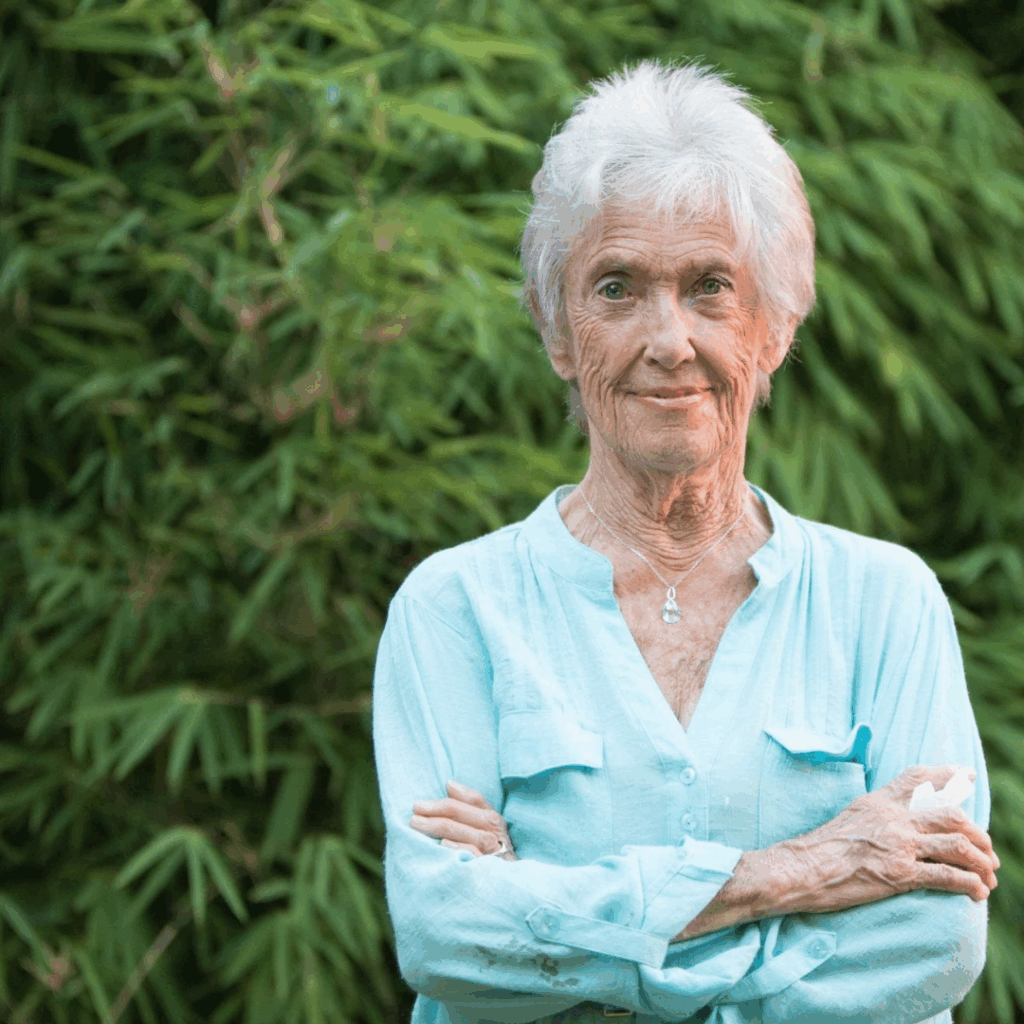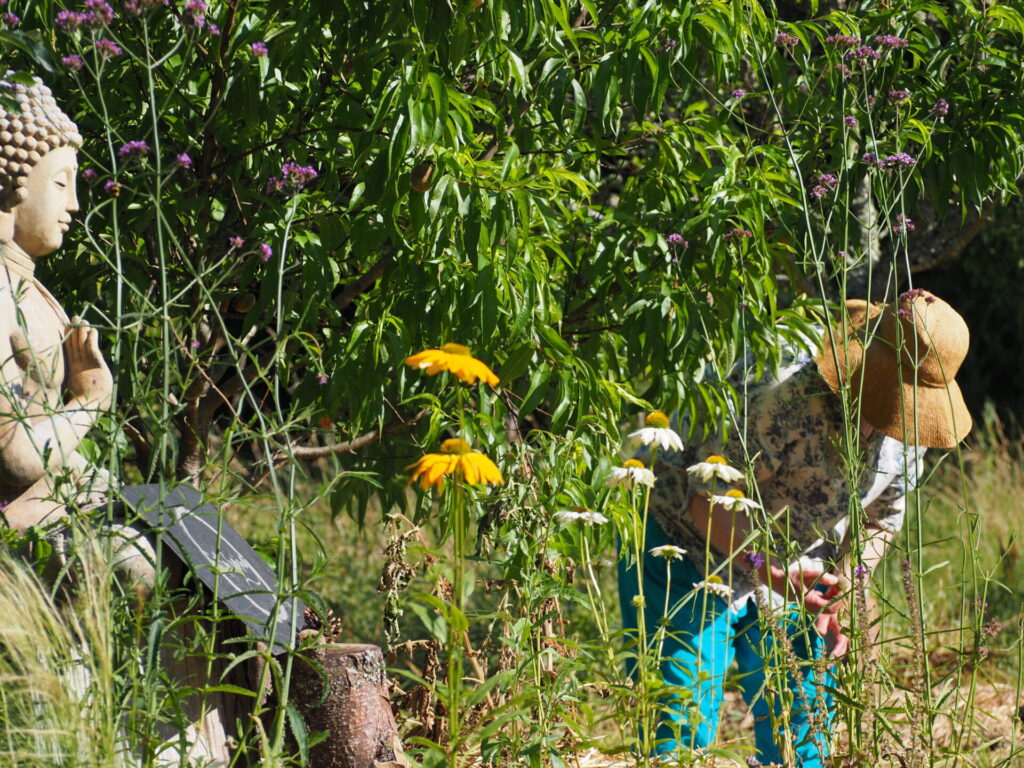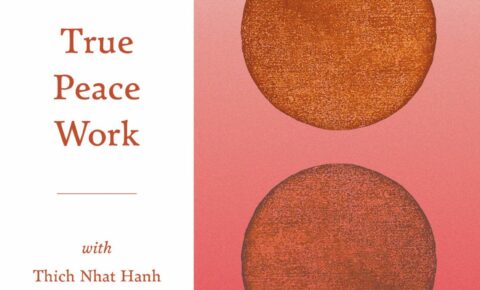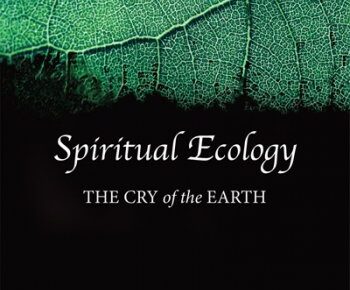With deep gratitude for the life, teachings, and continuation of Joanna Macy, we offer a selection of excerpts from World as Lover, World as Self in honor of her profound legacy. A life devoted to collective awakening, compassionate action, and service to life.

A Note from our teacher, Zen Master Thich Nhat Hanh (1991)
Life exists only in the present moment. Everything is in this moment—the past, the present, the future, and all beings in all places.
Thich Nhat Hanh
In the foreword to World as Lover, World as Self, Zen Master Thich Nhat Hanh writes with deep appreciation for Joanna Macy’s insight and courage:
“In sharing her insights concerning today’s perils and the important role each of us has both in creating these perils and in overcoming them, Joanna Macy speaks the truth with the roar of a lioness, and all beings throughout the universe are patting her head and caressing her in gratitude and appreciation.”
“If we read Joanna’s words attentively and put her proposals into practice, we may still have a chance to show our Mother Earth our love for her. Love requires understanding, and World as Lover, World as Self helps us understand how we can heal this interconnected, interpenetrating universe.”
Grounding in Gratitude
We have received an inestimable gift. To be alive in this beautiful, self-organizing universe—to participate in the dance of life with senses to perceive it, lungs that breathe it, organs that draw nourishment from it—is a wonder beyond words. And it is, moreover, an extraordinary privilege to be accorded a human life, with self-reflexive consciousness that brings awareness of our own actions and the ability to make choices. It lets us choose to join the praising and healing of our world.
Gratitude for the gift of life is a primary wellspring of all religions, a hallmark of the mystic, and fuel for the artist. Yet we so easily take this gift for granted. That is why so many spiritual traditions begin with thanksgiving: to remind us that for all our woes and worries, our existence itself is an unearned benefaction beyond any we could merit.
In the Tibetan Buddhist path, we are asked to pause before undertaking meditative practice and reflect on the preciousness of a human life. This is not because we as humans are superior to other beings, but because we can “change the karma.” In other words, graced with self-reflexive consciousness, we are endowed with the capacity for choice—to take stock of what we are doing and change direction. We may have endured eons of lifetimes as other life forms under the heavy hand of fate and the blind play of instinct, but now at last we are granted the ability to consider and judge and make decisions.
Weaving our ever more complex neural circuits into the miracle of self-awareness, life yearned through us for the ability to know and act and speak on behalf of the larger whole. Now the time has come when we can consciously enter the dance.
In Buddhist practice, that first reflection is followed by a second, on the brevity of this precious human life: “Death is certain; the time of death is uncertain.” That reflection awakens in us the marvelous gift of the present moment—to seize this chance to be alive right now on planet Earth.
Opening to the Suffering of Others
Our religious traditions can also serve to validate despair and attest to its life-giving function. The Biblical concept of the suffering servant, as well as an array of Old Testament prophets, speaks to the power inherent in opening ourselves to the suffering of others. In Christianity, the paramount symbol of such power is the cross. To my understanding and experience, the cross on which Jesus died serves to dramatize that it is precisely through openness to the pain of our world that redemption and renewal are found.
The heroes of the Mahayana Buddhist tradition are the bodhisattvas, who vow to forgo nirvana until all beings are enlightened. As the Lotus Sutra tells us, their compassion endows them with supranormal senses: they can hear the music of the spheres and understand the language of the birds. By the same token, they hear all cries of distress—even the moaning of beings in the lowest layers of hell. All griefs are registered and owned in the bodhisattva’s deep knowledge that we are not separate from each other.
The Vietnamese poet and Zen teacher Thich Nhat Hanh was once asked, “What do we most need to do to save our world?” His questioners expected him to either emphasize the power of meditation or identify strategies for social and environmental action. But Thay simply said:
What we most need to do is to hear within us the sound of the Earth crying.
Thich Nhat Hanh
That is what my colleagues and I began to do at the end of the 1970s—find ways we can break through the trance and help each other hear Earth crying within us. Drawing from systems theory and Buddhist teachings, we work mainly in groups, because the situation we face bears on us all.
In sharing our innermost responses to the perils of our time, we rediscover our mutual belonging in the web of life and the capacity that it brings to act on life’s behalf.
Despair and Empowerment Work was the name first attached to our discovery and the theory and practice to which it led us. Over the years, other names followed, such as Deep Ecology Work and The Work That Reconnects.
Although the group work soon included other stages and features, the owning and honoring of our pain for the world has remained essential features, the owning and honoring of our pain for the world has remained essential. Rainforest activist John Seed, a facilitator of this work, explains it this way:
You discover that others aren’t afraid of your pain for the world, and you witness theirs. Then you can dare to hope something for humanity and for what we can do together. When we unblock our despair, everything else follows—the respect and awe, the love.
John Seed

Thank you, Joanna, for showing us that a new world is possible through our loving thoughts, speech, and collective action. May we continue your service and deep love for our world, for the benefit of all beings.




Share Your Reflections